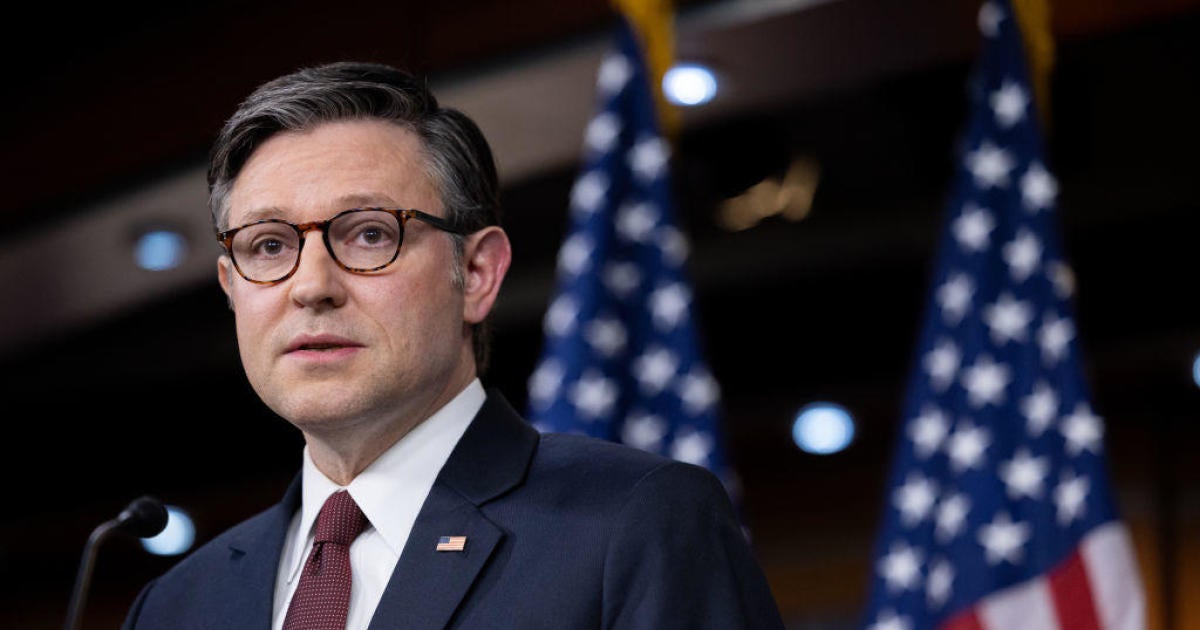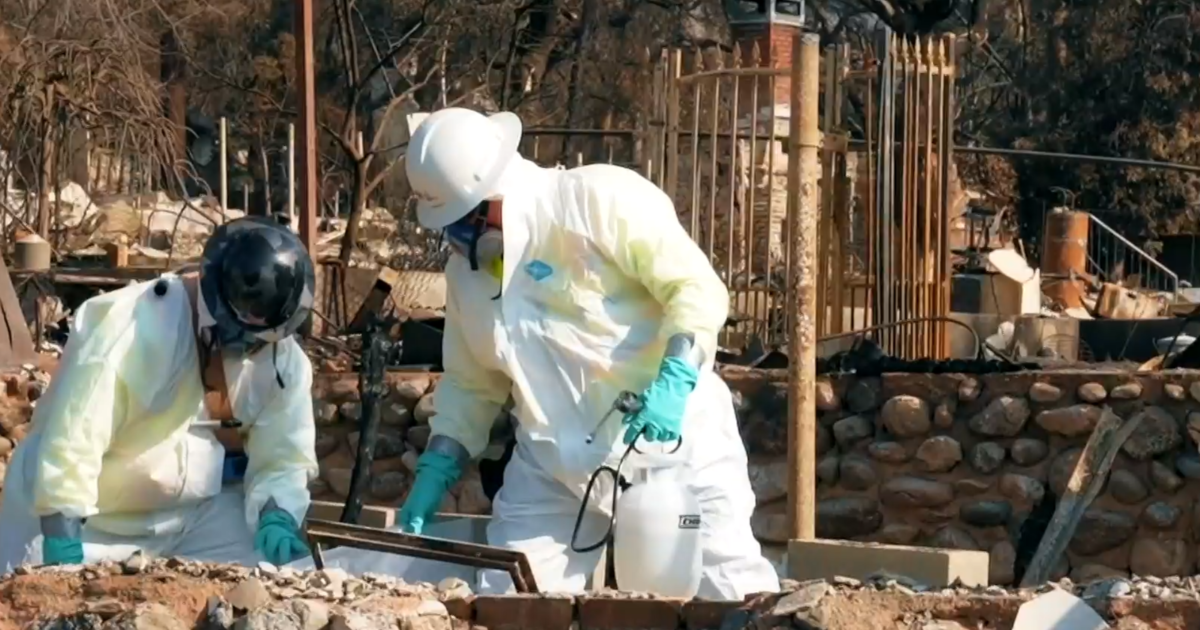Washington — Speaker Mike Johnson urged his Senate GOP colleagues to wait for the House to “do its work” to advance President Trump’s agenda. He and House Republicans met with Mr. Trump for several hours Thursday to discuss the budget reconciliation process central to approving key components of the measure, which is expected, among other things, to extend and expand the 2017 tax cuts enacted in his first term.
The speaker said after the White House meeting that Republicans would meet again Thursday night to “finish up some final details” and said their intention is to produce a resolution for the House Budget Committee to mark up potentially as early as next week.
“So our message to our friends and colleagues in the Senate is, ‘Allow the House to do its work,'” Johnson told reporters at the Capitol.
The White House meeting came after Senate Republicans announced Wednesday that they intended to move forward with their own plan next week, since the House efforts to start the budget reconciliation process have stalled. Senate Republicans are expected to meet with Mr. Trump Friday night at Mar-a-Lago.
Johnson sounded upbeat and described the meeting with Trump as “very good” and “very productive” and included a large cross-section of Republicans from the committees that will have jurisdiction on the legislation.
Though he declined to offer details of the plan, he said there may be some announcements Friday. He praised the president for “leaning in and doing what he does best, and that is put a steady hand at the wheel and get everybody working.”
House Majority Leader Steve Scalise added that Republicans “are narrowing down the areas of differences” after a lot of “give and take” among the members who attended the White House meeting Thursday. He, too, praised the president’s involvement.
“We obviously have to go talk to other groups within our conference now, but, but we made serious progress, and have narrowed the gap to where we’re very close to getting ready to bring this to Budget Committee,” Scalise told reporters.
He confirmed that the group discussed some of the most polarizing items being considered for inclusion in the legislation: state and local tax cap reform, known as the SALT tax, and the debt ceiling. Scalise said members made progress but didn’t arrive at a resolution on either front.
The White House and Republican leaders in Congress are pursuing a number of legislative priorities through the budget reconciliation process, including approving resources to bolster border security, extending 2017 tax cuts, incentivizing domestic manufacturing and investing in American energy, while working to pare government programs and address the debt limit.
Though Republican leaders are generally united on the priorities, disagreement on the process has bogged down progress.
Until Wednesday, Senate Republicans had deferred to the House to kick off the process, though they generally advocated for separating the priorities into two bills — one focused on border security while stressing that the tax legislation would take time to write and should come later.
White House press secretary Karoline Leavitt told reporters during the meeting that the president emphasized to lawmakers that his priorities included his no tax on tips or overtime pay proposals, no taxes on seniors’ Social Security benefits, renewing the 2017 tax cuts and adjusting the state and local tax deduction cap, known as the SALT cap, among other items.
“This will be the largest tax cut in history for middle class working Americans,” Leavitt said. “The president is committed to working with Congress to get this done.”
Under the budget reconciliation process, Congress can avoid the 60-vote threshold typically required in the Senate. But the complicated maneuver requires that lawmakers first approve a budget resolution, and the House has faced a backlash from conservatives in recent days over the budget measure.


